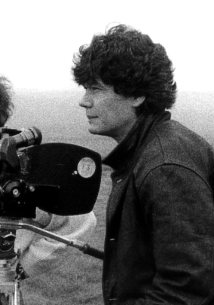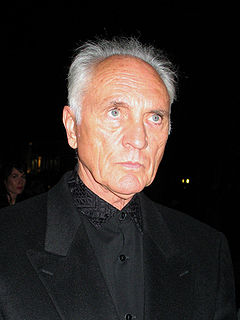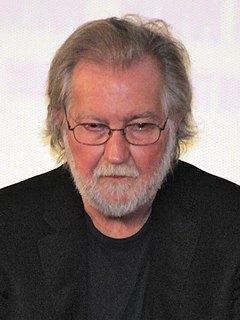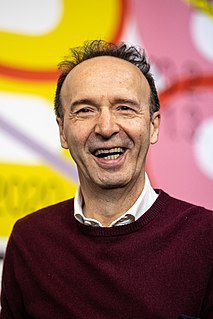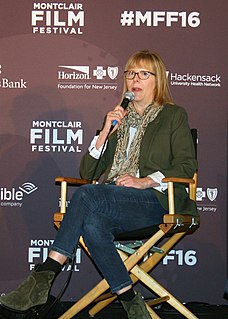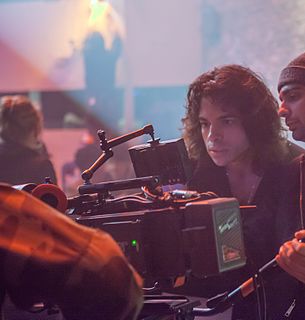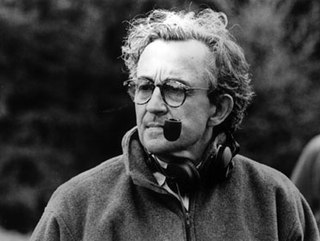A Quote by Damian Pettigrew
With a few exceptions, Fellini's films have failure and despair running through them: Life continues, but I can't imagine 'Felliniesque' as an exclusively uplifting adjective. Fellini's best films are the ones that distill this essence -- the paradoxical quality of melancholic ecstasy, a surreal, bittersweet vitality -- to perfection.
Related Quotes
Fellini was more in love with breasts than Russ Meyer, more wracked with guilt than Ingmar Bergman, more of a flamboyant showman than Busby Berkeley... Amarcord seems almost to flow from the camera, as anecdotes will flow from one who has told them often and knows they work. This was the last of his films made for no better reason than Fellini wanted to make it.
I wasn't allowed to see movies when I was a child. It was against the religion I was raised in, Fundamentalist Baptist. I didn't go into a commercial movie house until I was a senior in college, and that was on the sly. It wasn't until I was in graduate school that I immersed myself in films. Then, I went to see all the films by Bergman, Fellini, etc.
What I want to do is make films that astonish people, that astound people, and I hope you want to do that too. It's easy to make money. It's easy to make films like everybody else. But to make films that explode like grenades in people's heads and leave shrapnel for the rest of their lives is a very important thing. That's what the great filmmakers did for me. I've got images from Fellini, from Bergman, from Kurowsawa, from Bunuel, all stuck in my brain.
